Hank Green has had a while to think about how social media has changed us. He started making YouTube videos in 2007 with his brother, novelist John Green, at a time when the first iPhone was in development, Myspace was still relevant and Instagram didn’t exist. Seventeen years later, posting videos on the internet is no longer just a hobby, but a $250 billion industry. And yet, after all this time, the Green brothers remain two of the longest-tenured and most respected creators in the game.
Now, in a time of addictive infinite scrolling and increased loneliness, Hank has grown pensive about his role as a content creator. But Green isn’t an ordinary creator — he’s started so many companies and projects online that fans created a website counting how many days it’s been since he’s started something new.
Green founded the crowdfunding platform Subbable, which Patreon acquired in 2015, and he co-founded the companies DFTBA (an e-commerce company for creators) and Complexly (an educational media company). He was CEO of both of those companies until 2023, when he stepped down after he was diagnosed with Hodgkin lymphoma. Fortunately, Green is now in remission. He even performed a standup comedy special about the experience of cancer treatment, because he’s Hank Green, and even chemotherapy can’t stop him from making new things.
Green’s experience running startups, coupled with his tenure as a creator, gives him a valuable perspective on where the creator economy is going. As the downsides of social media become more obvious, Green is thoughtful about the power and attention that creators command.
On one hand, the Green brothers have shown that social media can be used to change the world for the better. The brothers grew their fanbase of millions and harnessed their online community for good, from fundraising with Partners in Health for a maternal health center in Sierra Leone, to persuading pharmaceutical company Danaher to lower the price of life-saving tuberculosis tests. Aside from their main channel vlogbrothers, the Greens also founded Crash Course, a free, educational YouTube channel with 15.7 million subscribers, which has become ubiquitous in American classrooms.
But for all the good that the internet can do, it’s still isolating. If you’re feeling lonely, it’s a lot easier to keep scrolling TikTok than to call a friend.
“I am part of this problem — it’s not just the algorithms; it’s the content,” Green told TechCrunch. “I have been trained by the algorithms and by my colleagues to be extraordinarily good at grabbing and holding people’s attention. I hope I use that skill for good, but I also use it for distracting people from whatever else they would be doing.”
Creators of Green’s stature have a lot of power — they can reach millions of people at the push of a button. But they’re making those connections on the platforms’ turf, whether that’s TikTok, YouTube or Instagram.
“I think I feel my power more than [social media executives] do, because I have more direct connection to audience, so I see the impact in a way that they don’t,” Green said. “When I’m talking to people who are making really big, important decisions at these platforms, they very much want to believe that they aren’t important, and I don’t get that luxury of believing that I am not that important, because I get people who say, ‘You know, that video you made really hurt me,’ or ‘That video helped.’”
Investing in creators
At this year’s VidCon — the online video conference that the Green brothers co-founded in 2010, then sold to Paramount — the creator economy is navigating its increased attention from the broader tech world. In the expo hall, teenagers are still cosplaying as Hatsune Miku and lining up for meet-and-greets with Minecraft YouTubers. But the scene is different upstairs on the “industry track,” where venture capitalists like Slow Ventures’ Megan Lightcap are detailing the strategy behind investing in creators, and MatPat explains how he managed to become one of the first creators to successfully sell their company.
All creators are business owners, but Green goes beyond what’s standard. During the industry’s boom in VC funding, Green thought about investing in tools for creators, which makes sense given his background in founding Subbable.
“Honestly, in that moment, I was like, ‘I should have done this. I should have started a fund,’” he said. “Not that I didn’t have other stuff to do … and it turns out it’s very good I was too distracted, because probably I would’ve lost a bunch of people’s money, because it’s hard to build businesses at all.”
That’s especially true for the creator economy, where there are so many different kinds of creators whose needs are ever-changing.
“Creators are so diverse in their needs that, to create a product that is scalable — and that doesn’t cost a ton of money trying to individualize itself for each individual creator — you end up creating a bad product,” Green said.
In some cases, VCs have decided to invest in creators like they’re individual startups. Other companies like Spotter give creators upfront capital in exchange for the ad revenue from their back catalog on YouTube. Green is interested in these funding models, though he describes investing in content creators as “deeply antithetical to the Silicon Valley VC playbook.” That’s not because he doesn’t believe creators are a good investment, but because creators don’t scale at the same speed as the kind of startups that typically attract VCs.
“This is just regular investing,” Green said. “This isn’t something that’s going to 10x.”
Even though the creator economy is less of a buzzword in Silicon Valley these days, the space is still growing — creator startups in the U.S. have already raised more money this year than all of last year, mostly because of the AI boom, which Green sees as a fad.
“My gut says that people want to connect with people,” he said. “A relationship with a creator is already artificial in some way. … But I don’t think AI will be that good at building audiences.”
Creators wrestle with platforms’ power
Creators navigate the same challenges as any small business owner, but they’re also subject to the unpredictability of social platforms and consumers’ changing interests. These Big Tech companies are incentivized to generate as much engagement as they can, and if a small tweak to an algorithm can mean your videos stop showing up on TikTok’s For You page, then creators are left feeling helpless. And if a creator loses access to their account — sometimes via coordinated reporting campaigns by bad actors — it’s not likely they’ll be able to get in touch with someone from the platform to help.
Green tried forming a trade organization called the Internet Creators Guild in 2016, but it only stayed afloat for three years — it’s proven challenging to form a unified advocacy body for creators, since the industry is so decentralized.
“[SAG-AFTRA members] do the same job for the same few companies, but we all do very different jobs for the same companies,” Green said, referring to creators’ dependence on platforms like YouTube, TikTok, Instagram and others. “A person doing textile art and then selling it on Etsy has a very different set of needs than a musician.”
“There are some things that everyone agrees on — like, there should be recourse when your account stops existing,” Green said. “If I lived in a town and started a business there, the town shouldn’t be able to just come and put a bike lock on my door and say, ‘You don’t own that business anymore.’”
Even creators who watch their star rise live with the anxiety that they might not always retain their audience. That’s a power that social media platforms have over the creators who make their apps worth our time.
“The bad part of TikTok — being that you’re infinitely replaceable — is also the good part of TikTok,” he said. “People are so easy to discover. Talent discovery has never been this powerful.”
Andy Warhol’s adage about our 15 minutes of fame has never been more realistic. Characters like Reesa Teesa, the “Hawk Tuah” girl and the Four Seasons Orlando baby capture our attention, then rush to sign with talent agencies and try to turn their one shining moment into a full-fledged career. But the speed at which these people become household names — at least temporarily — is evidence of a growing anxiety among creators that their fortune could run out.
And then there’s creators like Hank Green. He was there when you were a kid struggling with biology, he’s still here when he pops up on your TikTok with a weird science fact, and hopefully, he’ll stick around a while longer.



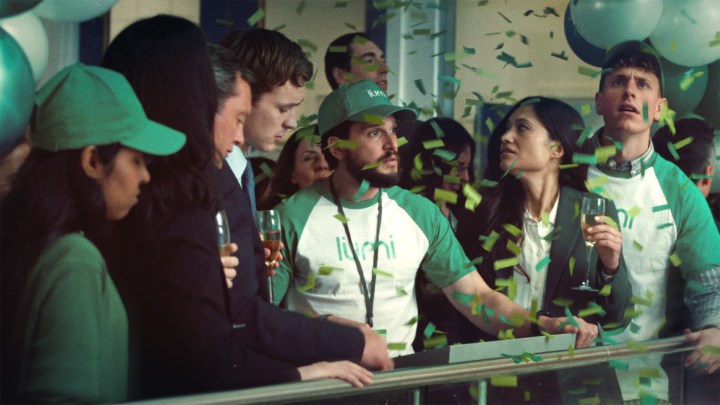


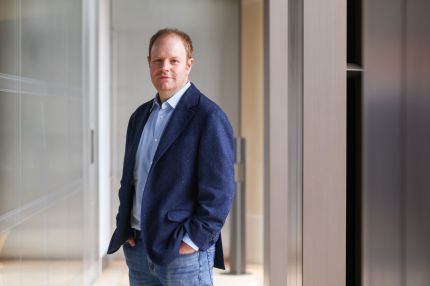
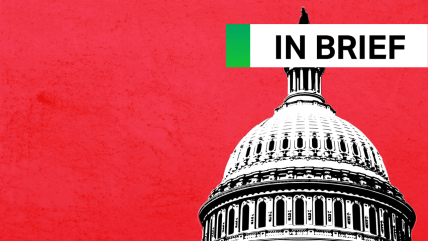




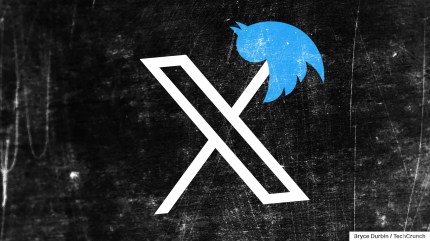

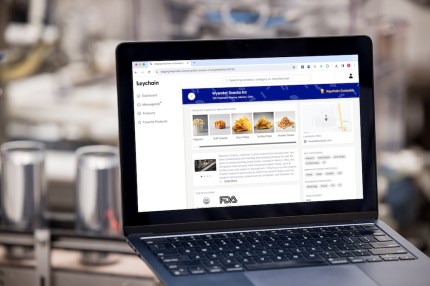


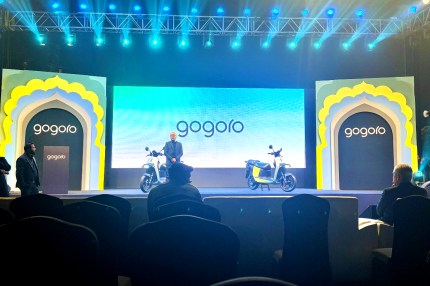
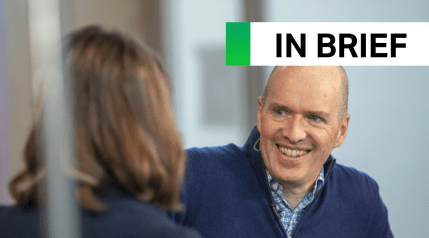






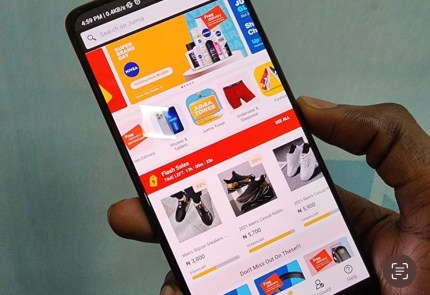

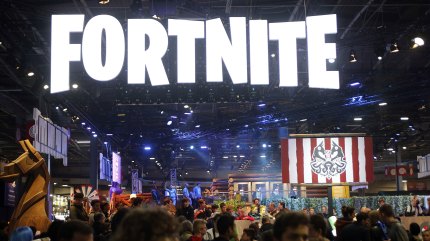
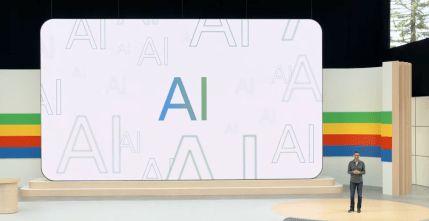
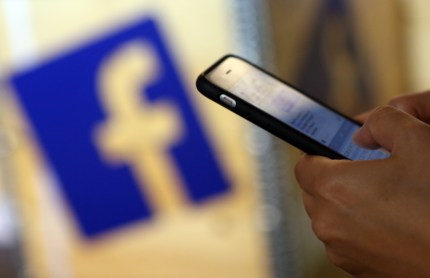

Comment